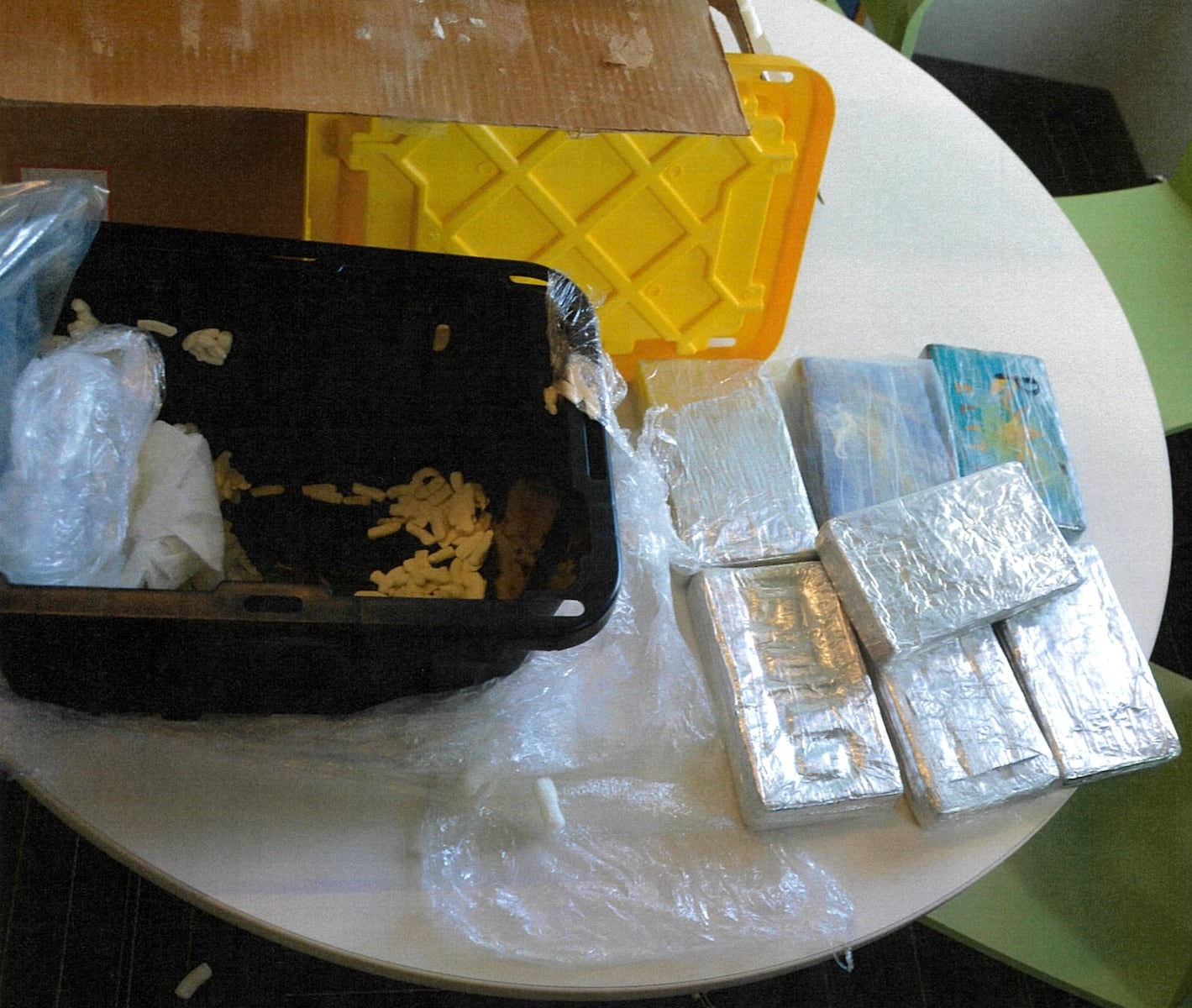UPDATE: Authorities have arrested LaMar Cook, a deputy director in the governor’s office, for allegedly attempting to receive 8 kilograms of cocaine through the mail, highlighting a troubling resurgence in cocaine trafficking. The arrest, made on October 8, 2023, comes amid a growing number of drug shipments to the region, raising urgent concerns among law enforcement.
Cook, who earned a salary of $115,000, is accused of trying to receive these drugs at the Hotel UMass in Amherst, where he previously served as director of hospitality. Investigators intercepted 12 kilograms of cocaine in packages sent via UPS and linked to Cook. The packages were addressed to a fictitious name, showcasing the sophisticated methods used by traffickers.
Authorities report that there are currently 10 pending cases in Hampden Superior Court related to drug shipments, with 9 involving cocaine that warrants trafficking charges. Hampden District Attorney Anthony D. Gulluni stated, “The cocaine market today is a lot different than what it was 20 years ago in Miami.”
Local law enforcement has noted a significant uptick in cocaine availability. Detective Sgt. Brian Freeman of the Westfield Police Department mentioned, “Maybe five years ago, I’d probably see one kilo, and now, see them all the time.” The pandemic saw a disruption in cocaine supply, often mixed with non-illicit substances, but now 95% of cocaine overdoses involve fentanyl, according to Gulluni.
In a concerning trend, the price of cocaine has dropped significantly. A decade ago, a kilo could sell for $45,000 to $50,000, but now it commands a street price of $15,000 to $20,000. This price drop has led to an increase in shipments arriving from Puerto Rico, often converted into crack cocaine before distribution in urban areas.
As law enforcement grapples with this evolving drug landscape, they are relying on task forces to tackle trafficking networks. Cook has pleaded not guilty to the charges, with a judge granting him bail. Governor Maura Healey characterized Cook’s actions as a betrayal of public trust, asserting, “I hope he is prosecuted to the full extent of the law.”
The investigation continues, with law enforcement working in partnership with agencies like the U.S. Postal Inspection Service and the FBI. The Postal Inspection Service, which opened 2,231 narcotics-related investigations in the last fiscal year, plays a critical role in addressing drug shipments. Danielle Schrage of the Postal Service stated, “The Postal Service has no interest in being the unwilling accomplice of anyone who wants to use the mail to distribute illegal narcotics.”
As the investigation unfolds, law enforcement is utilizing advanced tools and collaborative efforts to dismantle drug trafficking operations. Gulluni emphasized the importance of inter-agency cooperation in addressing these complex networks, stating, “The whole point of a task force is to take the resources from each of the participating agencies and make the best investigative product that we can.”
The ramifications of this arrest extend beyond the individual involved, signaling a broader challenge in combating the surge of cocaine trafficking through the mail. As the investigation progresses, more arrests could follow, and authorities remain vigilant in their efforts to tackle this pressing issue.
Stay tuned for ongoing updates as law enforcement continues to navigate this urgent crisis in drug trafficking.
